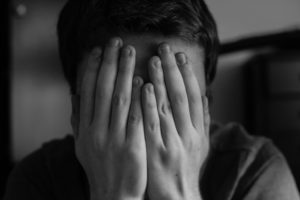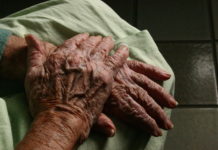 If you have been feeling down in the dumps lately, you may want to plan a full day where there is no way that you can get a full night’s sleep. Scientists at the University of Pennsylvania looked at the results of over 50 studies done over the last 20 years before making the announcement that going without sleep for between 20 and 36 hours helped improve depression symptoms in up to 50 percent of participants.
If you have been feeling down in the dumps lately, you may want to plan a full day where there is no way that you can get a full night’s sleep. Scientists at the University of Pennsylvania looked at the results of over 50 studies done over the last 20 years before making the announcement that going without sleep for between 20 and 36 hours helped improve depression symptoms in up to 50 percent of participants.
Sleep Deprivation May Improve Depression
Scientists, however, still do not understand exactly how sleep deprivation helps people feel less depressed. They are convinced, however, that it works regardless of the type of depression.
What is Wake Therapy
Some doctors have been prescribing wake therapy since the early 1970s. When it is prescribed, patients normally stay up for 36 hours and then sleep eight hours before staying up for another 36 hours. While very few claim that it is enough, doctors are convinced that it helps other depression treatment work faster. Most doctors feel that it works because it resets the circadian rhythm.
The Effect of Resetting the Circadian Rhythm
Resetting the rhythm may be effective because people who suffer from depression often sleep very light, have fewer dreams and their sleep is less restorative. When the body is begging for sleep after staying up for many hours in a row, then the sleep may be more normal.
Warning
Scientists warn that wake therapy needs to be done in a controlled environment. Lack of sleep has been shown to make people experience strong emotions faster. Continual lack of sleep can also have impacts on the heart.
Scientists are learning that resetting the circadian rhythm through sleep deprivation may help improve depression symptoms in up to 50 percent of people. They warn, however, that it should be done in carefully controlled circumstances and combined with other long-term treatments for depression.





